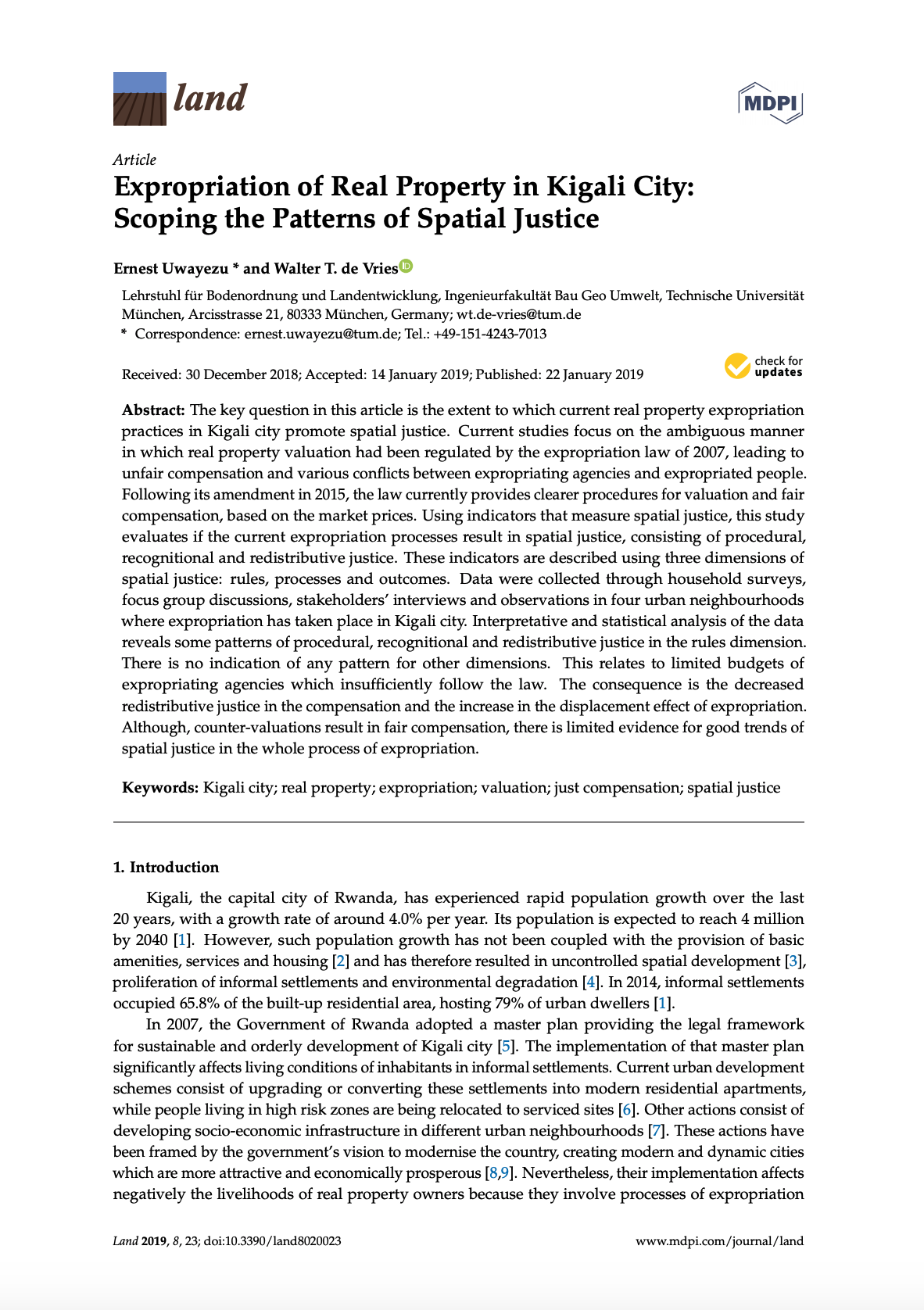Améliorer le système d'expropriation et de compensation dans un contexte de pluralisme juridique: Leçons du Camerou
Cameroon is currently witnessing an unprecedented wave of land-based investments, ranging from natural resources exploitation (oil, mining and gas), logging, large infrastructure building, etc. These developments happen in a context of population growth, in an increase in the domestic demand for land. There is a gap between the legislation governing expropriation and compensation in the country, and the variety of customary rules on land and resources. This context of legal pluralism results into endless conflicts opposing communities and the investors, including the State.





